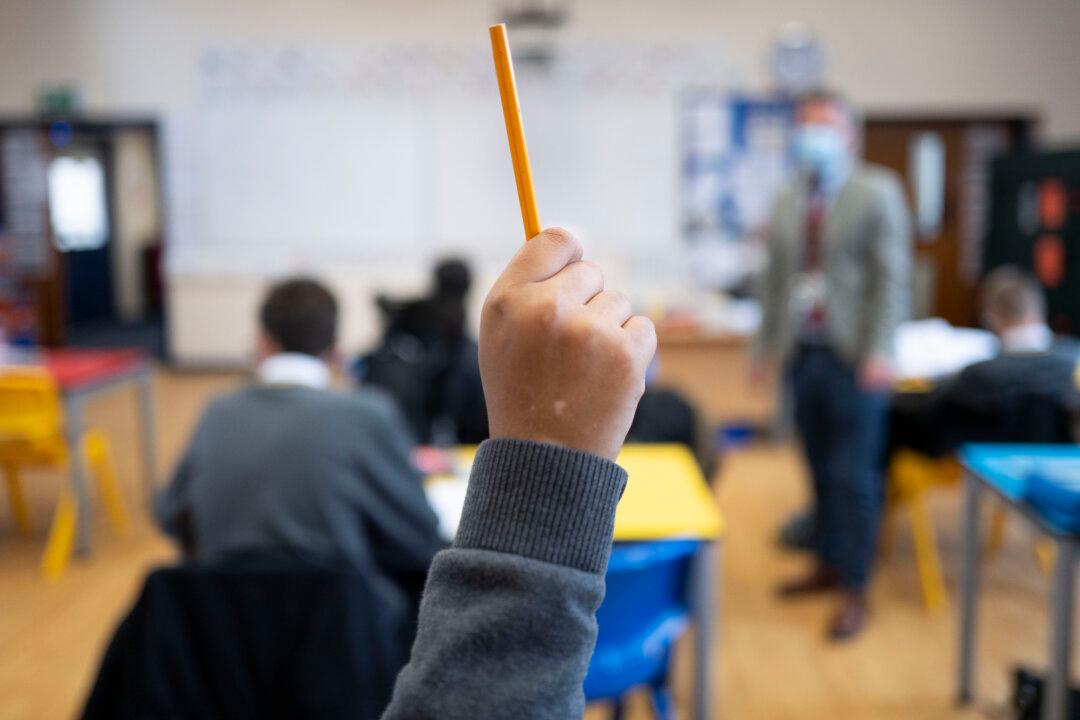Wales will roll out compulsory sex education plans that it says will “gradually empower learners” from a young age in subjects such as equity, sex, gender, and sexuality, but child protection advocates are taking the government to the High Court in an attempt to remove its mandatory element.
Kim Isherwood, who chairs the group Public Child Protection Wales, has started a legal case representing 5,000 parents and grandparents to overturn a proposal by the Labour-led administration to make a new standard of Relationships and Sex Education (RSE) lessons compulsory.





